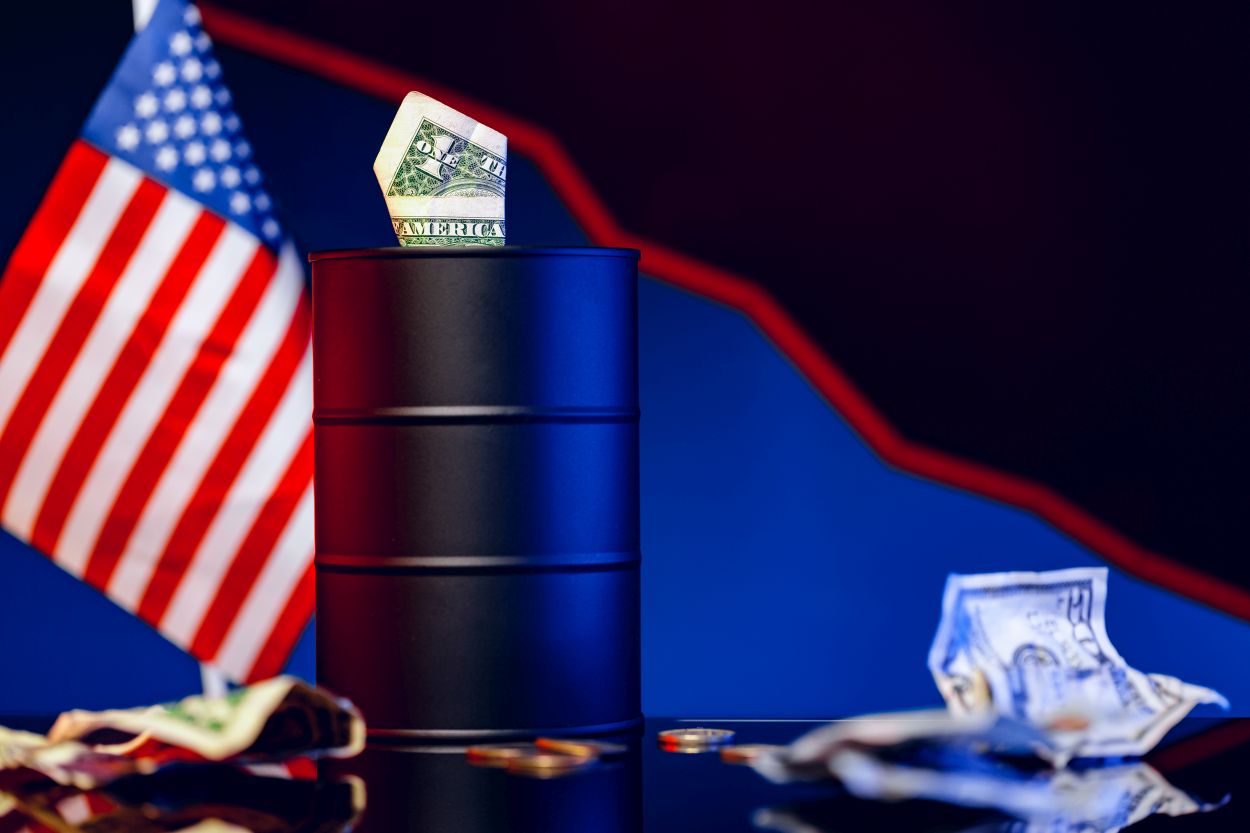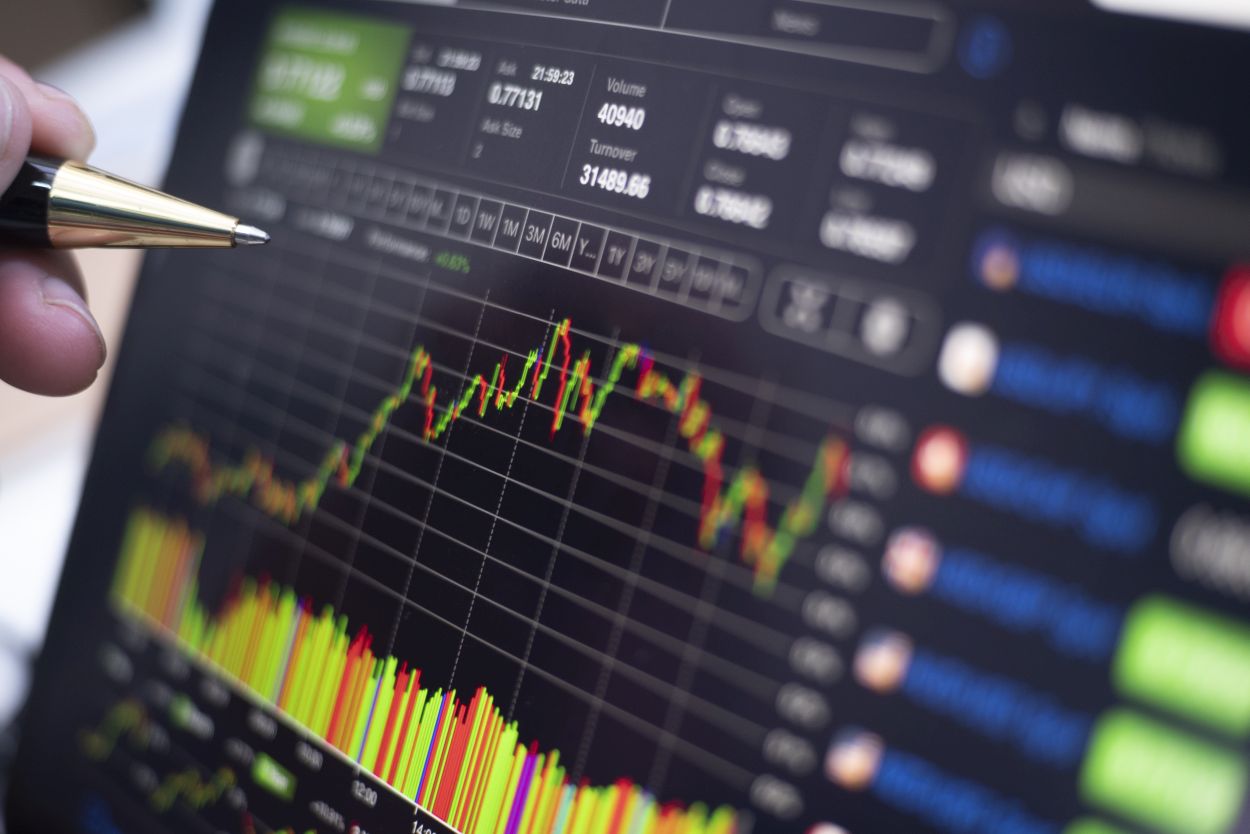Russia is seeking payment in United Arab Emirates dirhams for oil exports to some Indian consumers, the three sources said and showed the document as Moscow ditched the US dollar to shield itself from the effects of Western sanctions.
Russia has suffered a slew of sanctions from the United States and its allies in connection with its Special Military Operation (SVO) in Ukraine, which began in late February.
An invoice seen by Reuters shows that one refinery’s oil bill is billed in dollars, while payment is requested in dirhams.
Russia’s largest oil company, Rosneft, sells crude through trading firms including Everest Energy and Coral Energy to India, which is now the second largest oil buyer after China.
Western sanctions have prompted many oil importers to avoid Moscow, causing spot prices for Russian oil to hit record discounts compared to other grades.
This gave Indian refiners, who rarely bought Russian oil due to high transportation costs, the opportunity to increase exports with significant discounts to Brent and major Middle Eastern products.
Moscow replaced Saudi Arabia as India’s second largest oil supplier after Iraq for the second consecutive month in June.
At least two Indian refineries have already made some dirham payments, the sources said, adding that such payments will only increase in the coming days.
The invoice indicated that payments were to be made to Gazprombank through Mashreq Bank, its correspondent bank in Dubai.
The United Arab Emirates, seeking to maintain what it says is a neutral stance, has not sanctioned Moscow, and the payouts could add to the frustration of some in the West who privately say the UAE’s stance is untenable and on Russia’s side.
The trading firms used by Rosneft started asking for payment in dollar terms in dirhams starting this month, the sources said.
Rosneft, Coral Energy and Everest Energy did not respond to emails from Reuters asking for comment.
Russia wants to expand the use of non-Western currencies to trade with countries like India, its Foreign Minister Sergei Lavrov said in April.
The country’s finance minister also said last month that Moscow could start buying currencies from „friendly” countries, using such reserves to influence dollar and euro exchange rates as a means of countering the ruble’s surge.
The Moscow Currency Exchange is preparing to launch trading in the Uzbek sum and dirham.
Dubai, the financial and business center of the Persian Gulf, has become a haven for Russian wealth.
India, also neutral, recognizes insurance coverage by Russian companies and has proposed a classification for ships operated by a Dubai-based subsidiary of Moscow’s top shipping group to facilitate trade.
India’s central bank last week introduced a new rupee international trade settlement facility that many experts see as a way to boost trade with countries under Western sanctions such as Russia and Iran.




